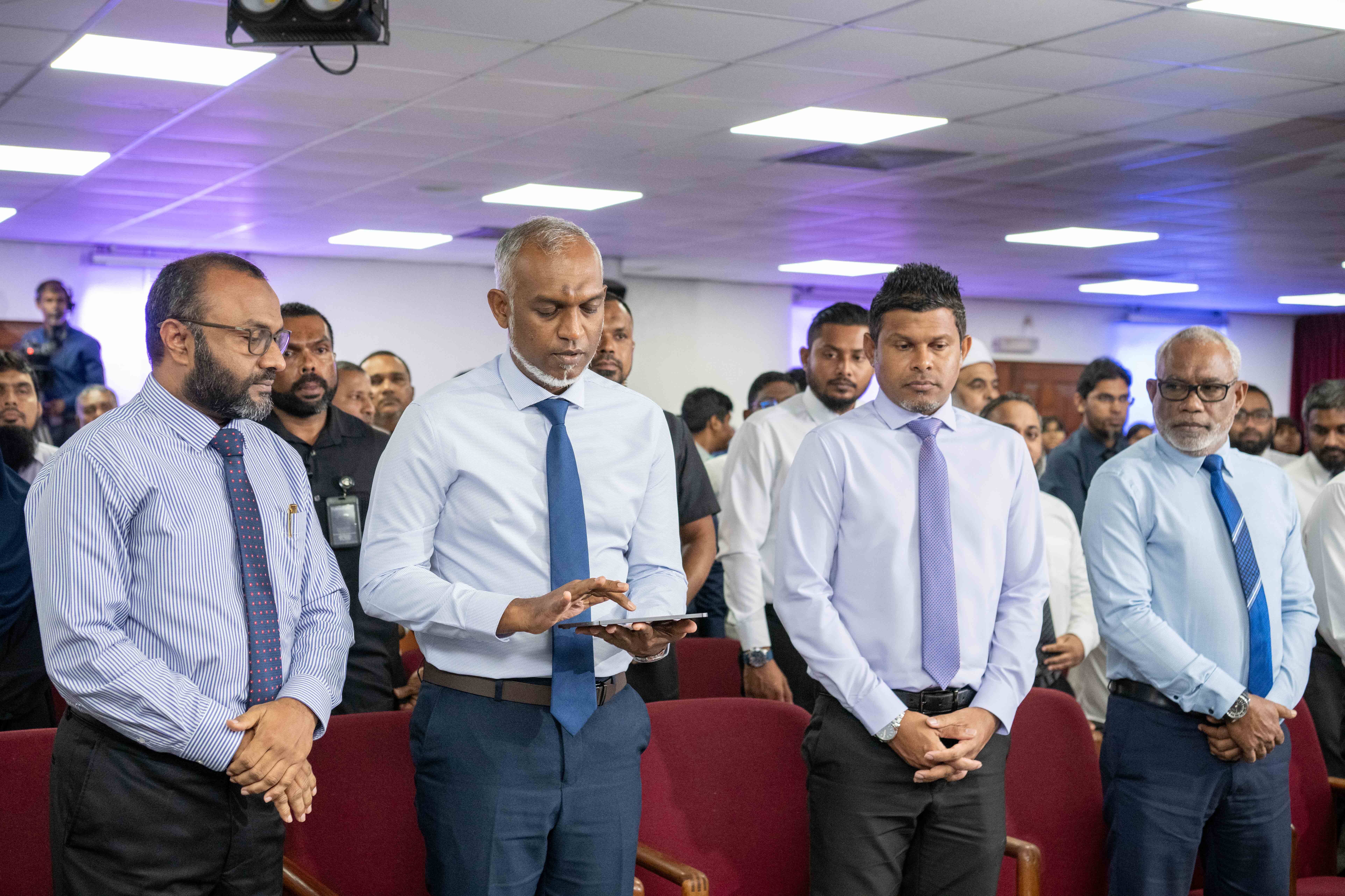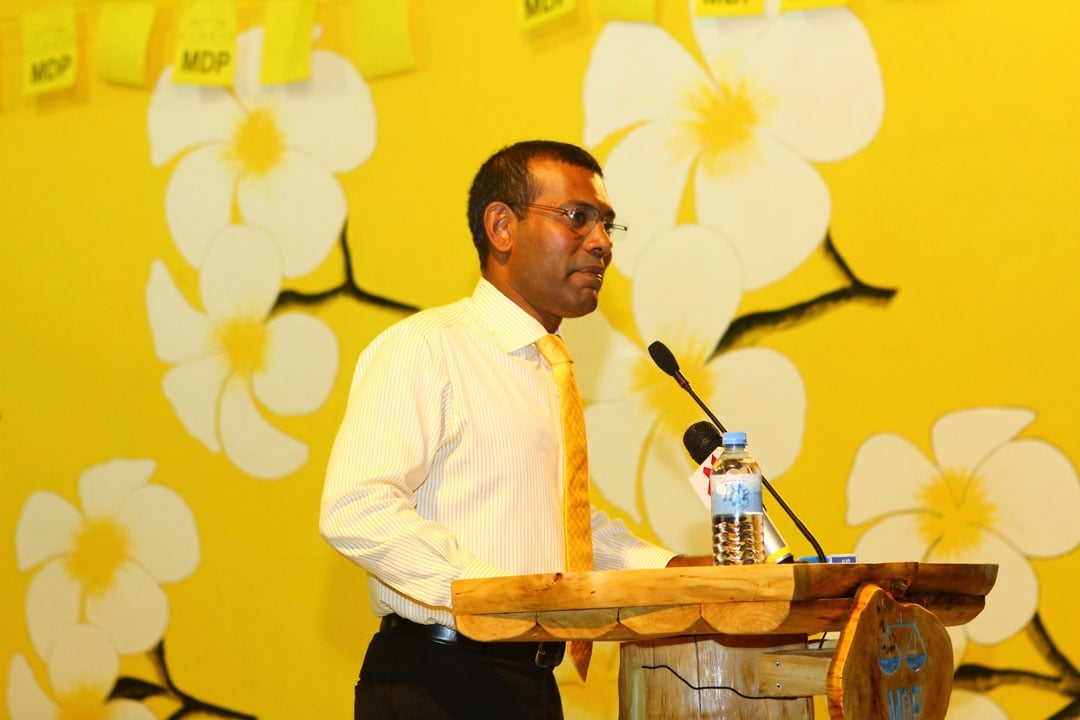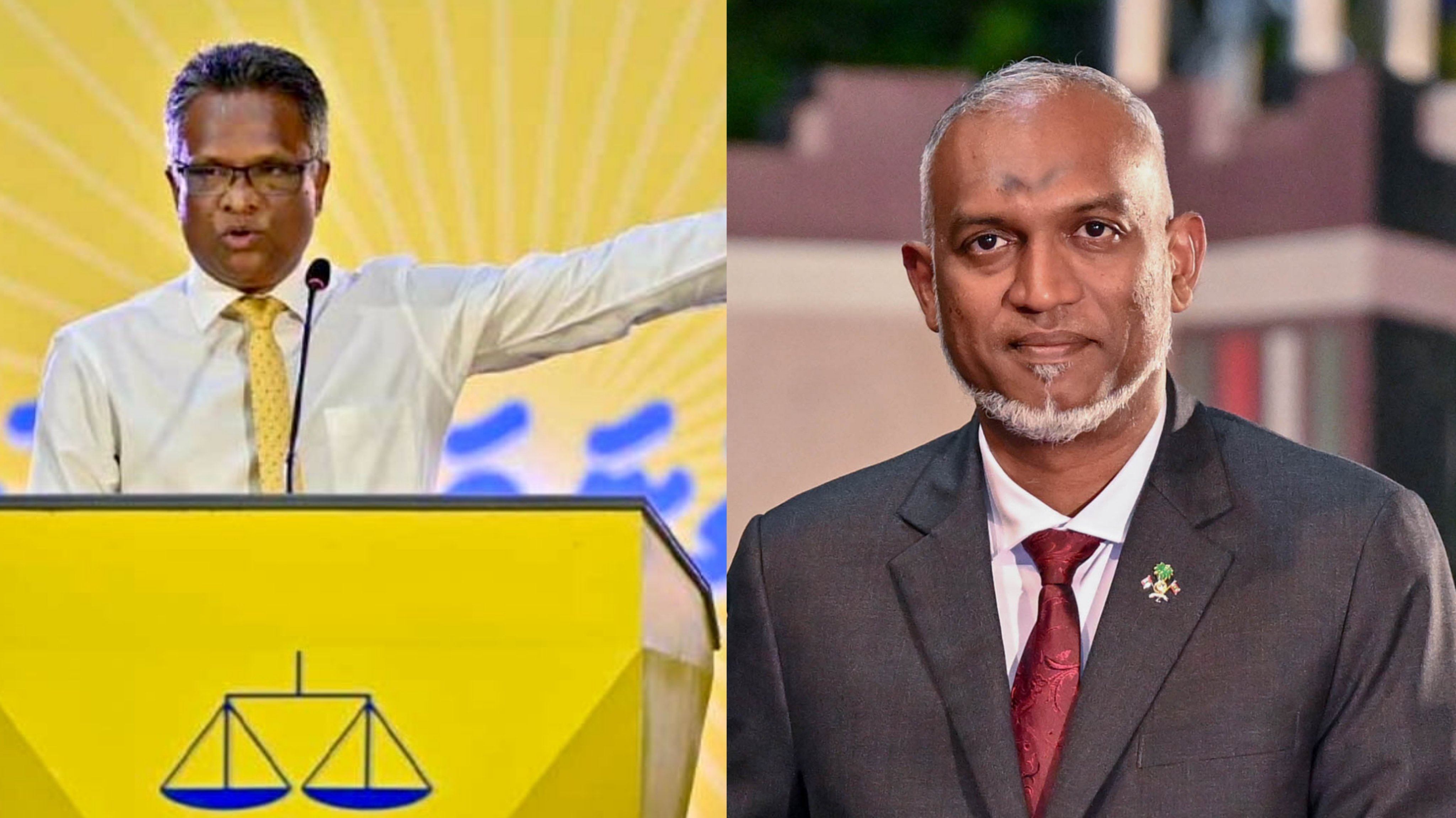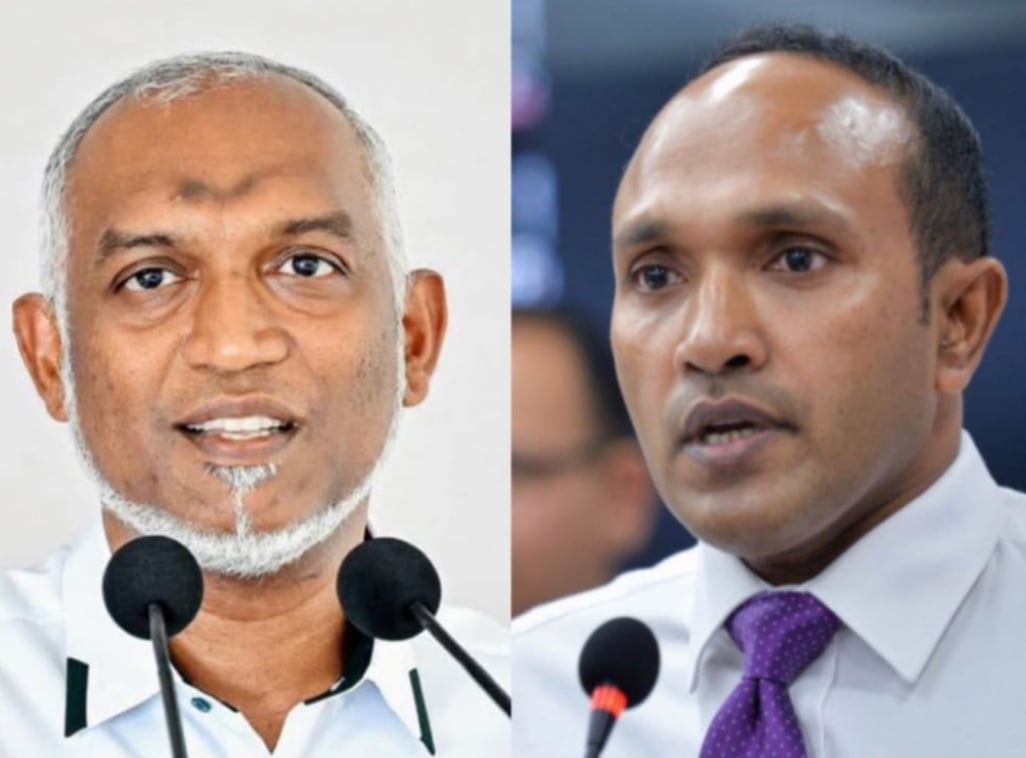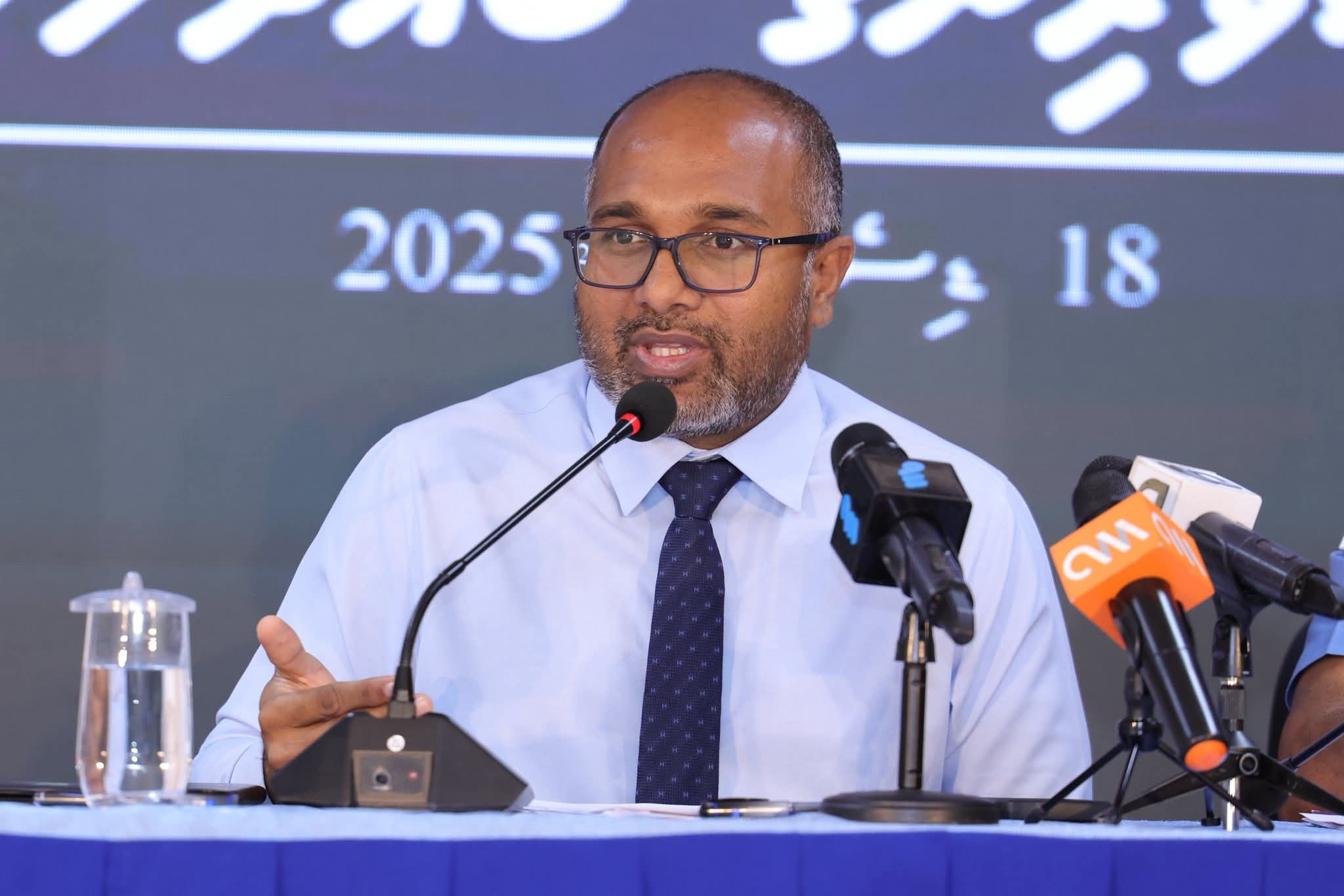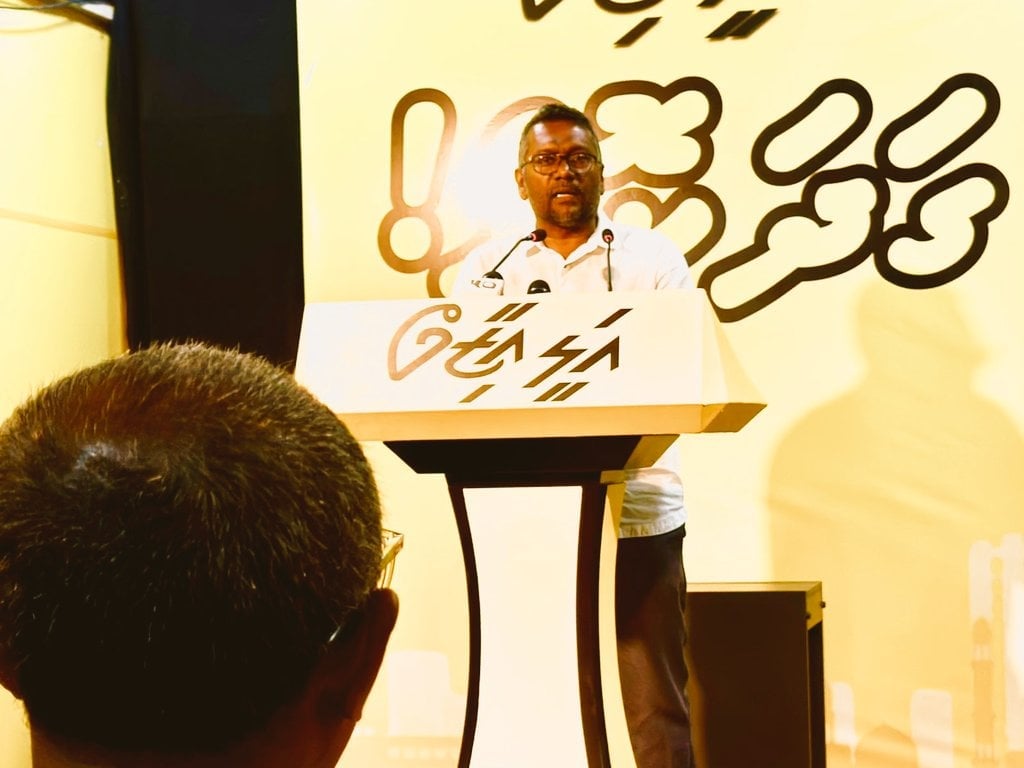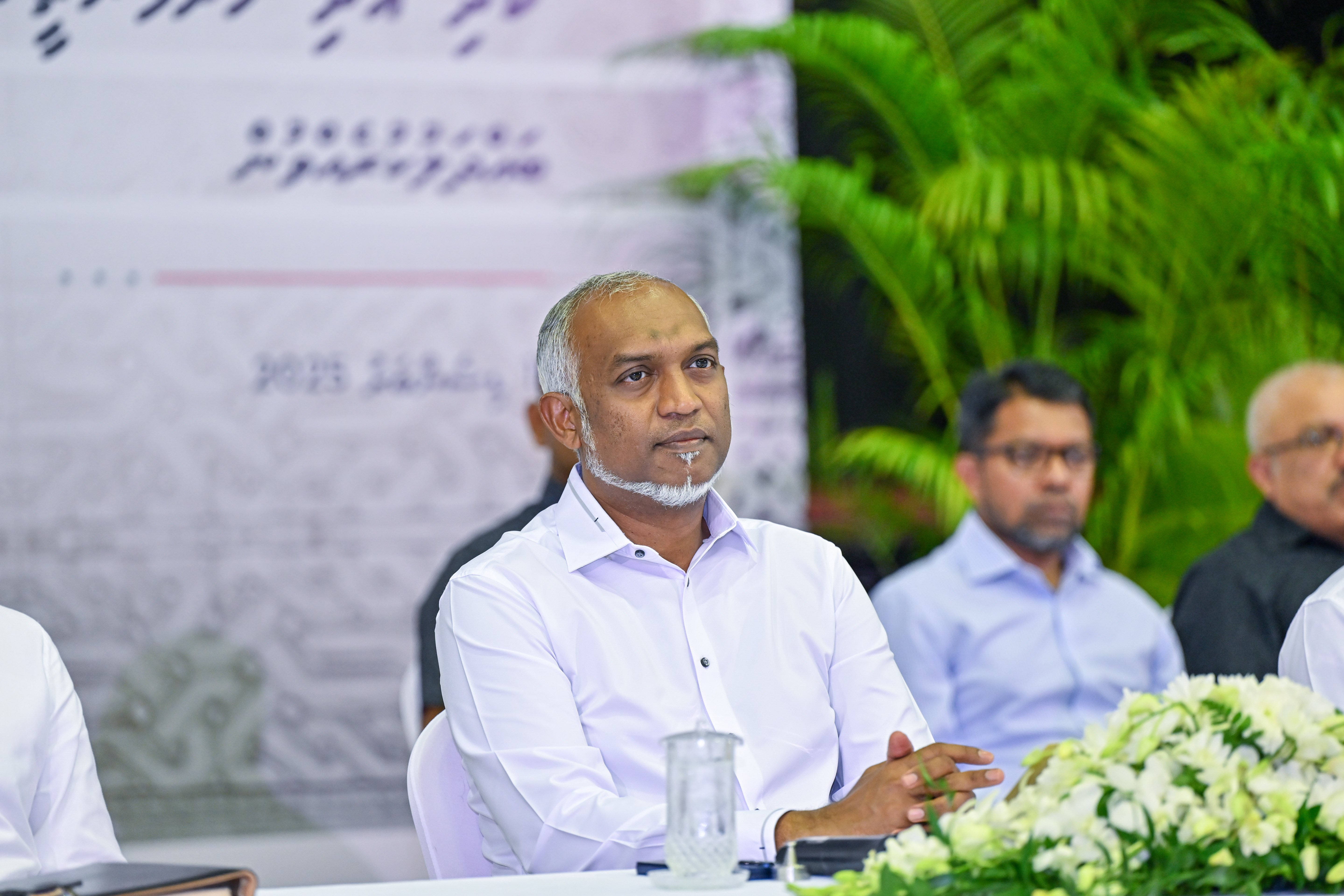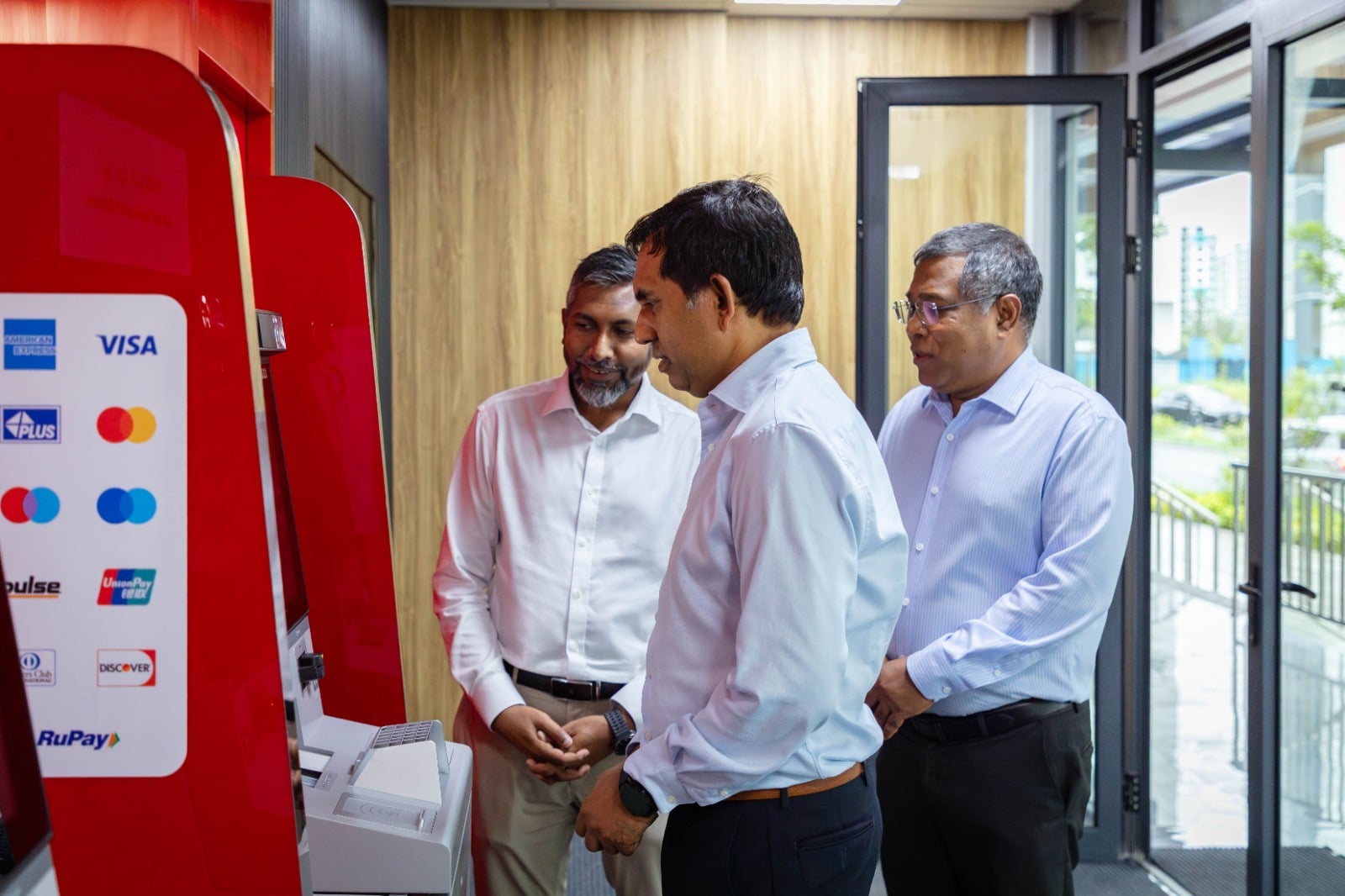President Dr Mohamed Muizzu has officially inaugurated the Maldives Zakat House. The inauguration ceremony was held at the Ministry of Islamic Affairs earlier this morning.
The Maldives Zakat House was mandated to fortify the Maldivian Zakat system and do all necessary to expand the Zakat Fund by investing in areas in which Shariah has approved Zakat, maximizing distributor benefits.
The Maldives Zakat House aims to provide a mechanism for accepting and disbursing Zakat, announce the nisab for Zakat Al-Mal, or Zakat on Wealth, twice a year, and regularly update the national registry of individuals below the poverty line. In addition, the establishment is tasked with spreading the teachings of Zakat and educating individuals, businesses, and state agencies on the rulings of Zakat. The Zakat House is also mandated to organize social programs that promote the elevation of Zakat receivers of today to individuals producing Zakat tomorrow.
Zakat is among the five pillars of Islam, with the holy Quran mentioning Zakat 33 times throughout the scripture. Mandating Zakat and including it among the core principles of Islam is to establish social justice and pathways fostering and nurturing compassion among community members to the highest level through the distribution of wealth within society. The administration of the Zakat system is a fundamental obligation imposed on the state for the benefit of the community. The Islamic Shariah prescribes a responsibility upon the state to administer the collection and distribution of Zakat to deserving individuals.
The Maldives Zakat House was mandated to fortify the Maldivian Zakat system and do all necessary to expand the Zakat Fund by investing in areas in which Shariah has approved Zakat, maximizing distributor benefits.
The Maldives Zakat House aims to provide a mechanism for accepting and disbursing Zakat, announce the nisab for Zakat Al-Mal, or Zakat on Wealth, twice a year, and regularly update the national registry of individuals below the poverty line. In addition, the establishment is tasked with spreading the teachings of Zakat and educating individuals, businesses, and state agencies on the rulings of Zakat. The Zakat House is also mandated to organize social programs that promote the elevation of Zakat receivers of today to individuals producing Zakat tomorrow.
Zakat is among the five pillars of Islam, with the holy Quran mentioning Zakat 33 times throughout the scripture. Mandating Zakat and including it among the core principles of Islam is to establish social justice and pathways fostering and nurturing compassion among community members to the highest level through the distribution of wealth within society. The administration of the Zakat system is a fundamental obligation imposed on the state for the benefit of the community. The Islamic Shariah prescribes a responsibility upon the state to administer the collection and distribution of Zakat to deserving individuals.





